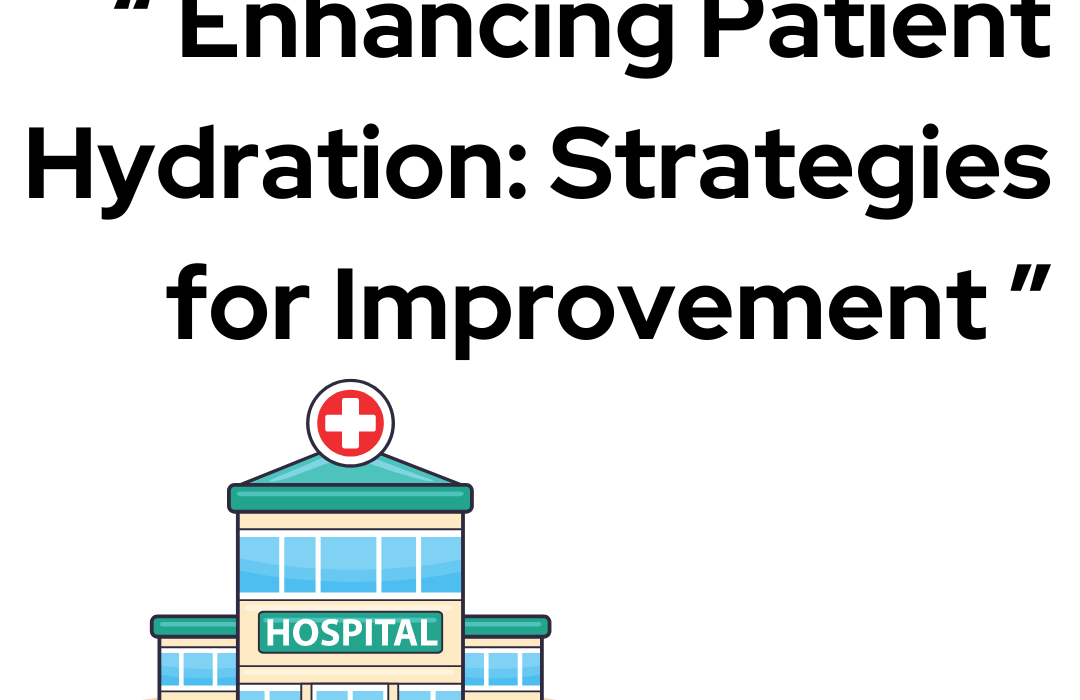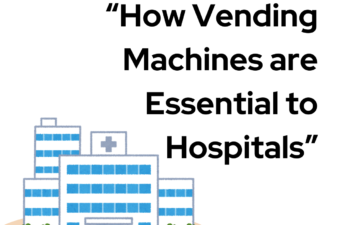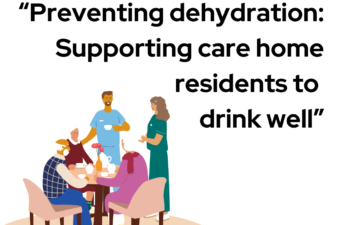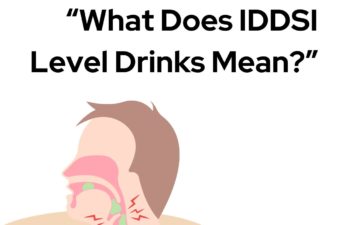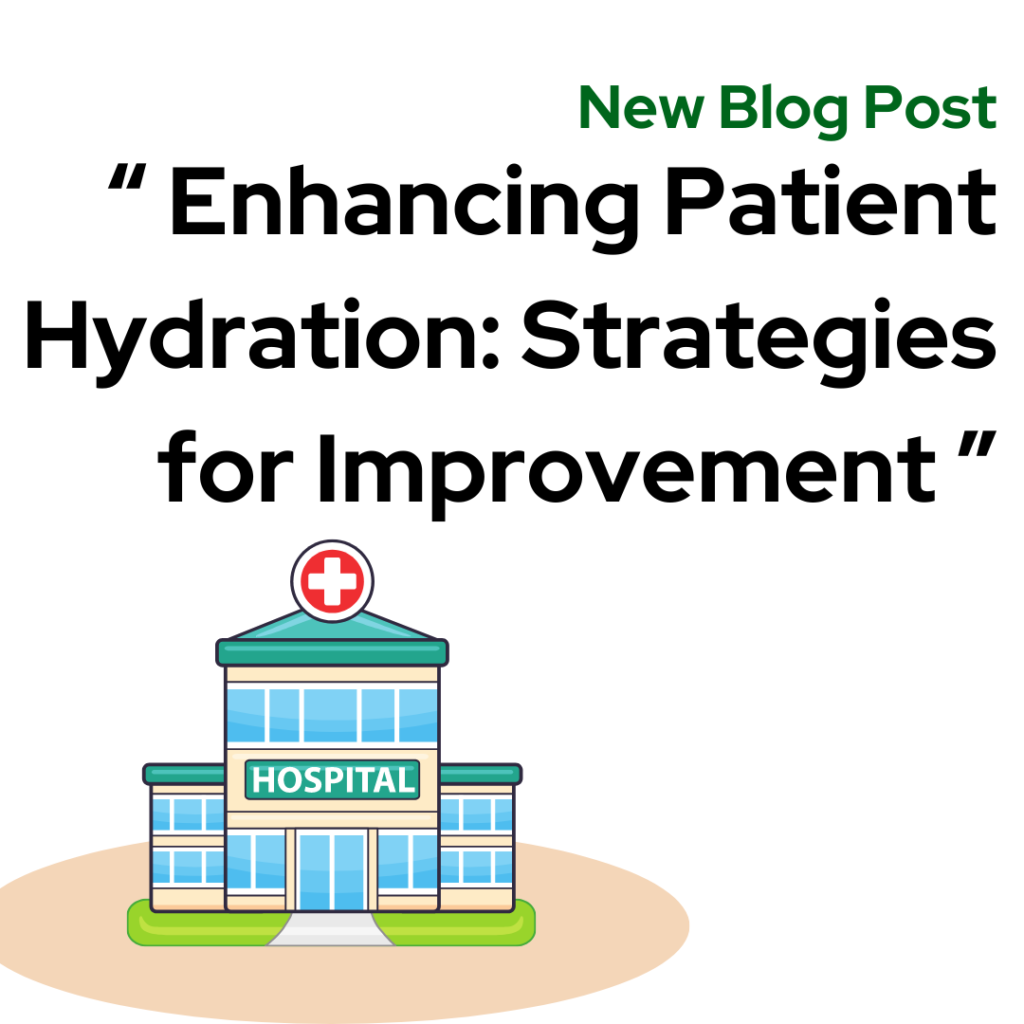
Hydration is a critical aspect of patient care in hospitals, impacting recovery, treatment efficacy, and overall patient comfort. Despite its importance, maintaining adequate hydration can be a challenge, particularly for vulnerable populations such as the elderly, those with chronic illnesses, or patients who are unable to communicate their needs effectively. Here are several strategies hospitals can adopt to improve hydration among their patients.
1. Regular Fluid Intake Monitoring
The first step in ensuring proper hydration is monitoring fluid intake closely. Nurses and healthcare assistants should keep detailed records of how much fluid a patient consumes throughout the day. This includes not just water, but also other fluids like teas, broths, and juices. Monitoring tools and charts can be used to track individual hydration levels and identify patients who may not be consuming enough fluids.
2. Education and Training for Staff
Educating hospital staff about the importance of hydration and the signs of dehydration is crucial. Training should include methods to encourage fluid intake and how to assist patients who might have difficulty drinking unaided. Additionally, staff should be trained to recognise the early symptoms of dehydration, such as dry mouth, confusion, and reduced urine output, which can often be subtle in hospital settings.
3. Improving Access to Fluids
Patients should have easy access to water and other beverages, which can be significantly enhanced by utilising products such as ward beverage trolleys. These trolleys can be stocked with a variety of drinks and easily maneuvered throughout the ward, offering refreshments more frequently to patients. This method ensures that water pitchers and cups are within easy reach of the bed and are regularly refilled. For patients with mobility issues, consider also providing hydration tools like sippy cups, straws, or specialised hydration systems that enable drinking without the need to sit up. By bringing a diverse selection of beverages directly to the patient’s bedside, hospitals can better cater to individual preferences and encourage regular fluid intake.
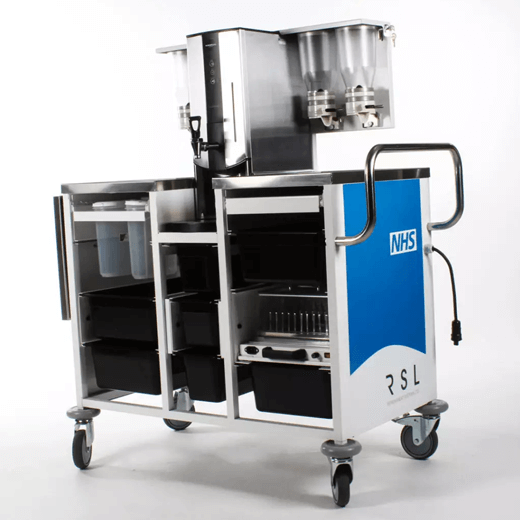
4. Personalised Hydration Plans
Recognising that different patients have varying fluid requirements, personalised hydration plans should be implemented. Factors such as body weight, the condition being treated, and the presence of comorbidities like diabetes or kidney disease can influence how much fluid a patient needs. Dietitians can create tailored hydration strategies that also take into account the fluid content in enteral feeds or intravenous solutions.
5. Engaging Patients and Families
Educating patients and their families about the importance of hydration can empower them to be proactive about maintaining fluid intake. Providing clear information and practical tips on how they can contribute to ensuring adequate hydration can make a significant difference, especially upon discharge when they continue recovery at home.
6. Utilising Hydration Promoting Technology
Technological solutions like electronic fluid monitoring systems can help keep track of hydration levels more accurately and alert staff when patients need to increase their intake. Apps and bedside tablets can also be used to remind patients to drink water regularly, providing an interactive way to encourage hydration.
7. Regular Policy Reviews and Improvements
Hospitals should regularly review their hydration policies and practices to identify areas for improvement. Feedback from patients and staff can offer insights into challenges and potential solutions, helping to develop more effective hydration strategies.
Improving patient hydration in hospitals is a multifaceted approach that requires commitment across various levels of healthcare provision. By implementing these strategies, hospitals can significantly enhance patient care, accelerate recovery, and reduce the risk of complications associated with dehydration.
